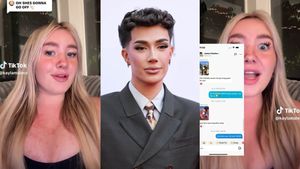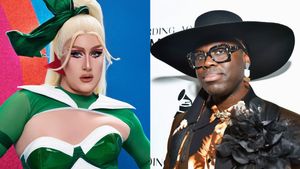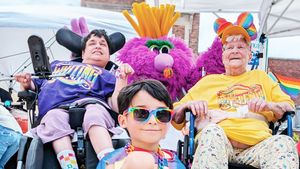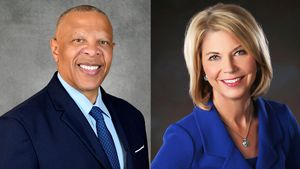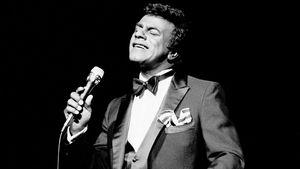On average, homes in predominately Black neighborhoods across the country are valued significantly less than predominately white neighborhoods. Best-selling author Lynnette Khalfani-Cox, also known as "the Money Coach," is sharing how to advocate for fair appraisals and equal housing opportunities.
The pandemic brought a surge of people selling their homes for more than the asking price, but not everyone benefited equally, especially those in Black and Brown areas. Khalfani-Cox says that communities of color have long been discriminated in the housing industry, and that archaic policies still affect them today.
"Remnants of discriminatory housing policy absolutely do exist today," she tells Sonia Baghdady of Advocate Now. "And it locks a lot of African-Americans out of the dream of homeownership. Roughly speaking, about 45 percent of African-Americans own their own homes versus about 75 percent of white Americans."
The Money Coach Lynnette Khalfani-Cox
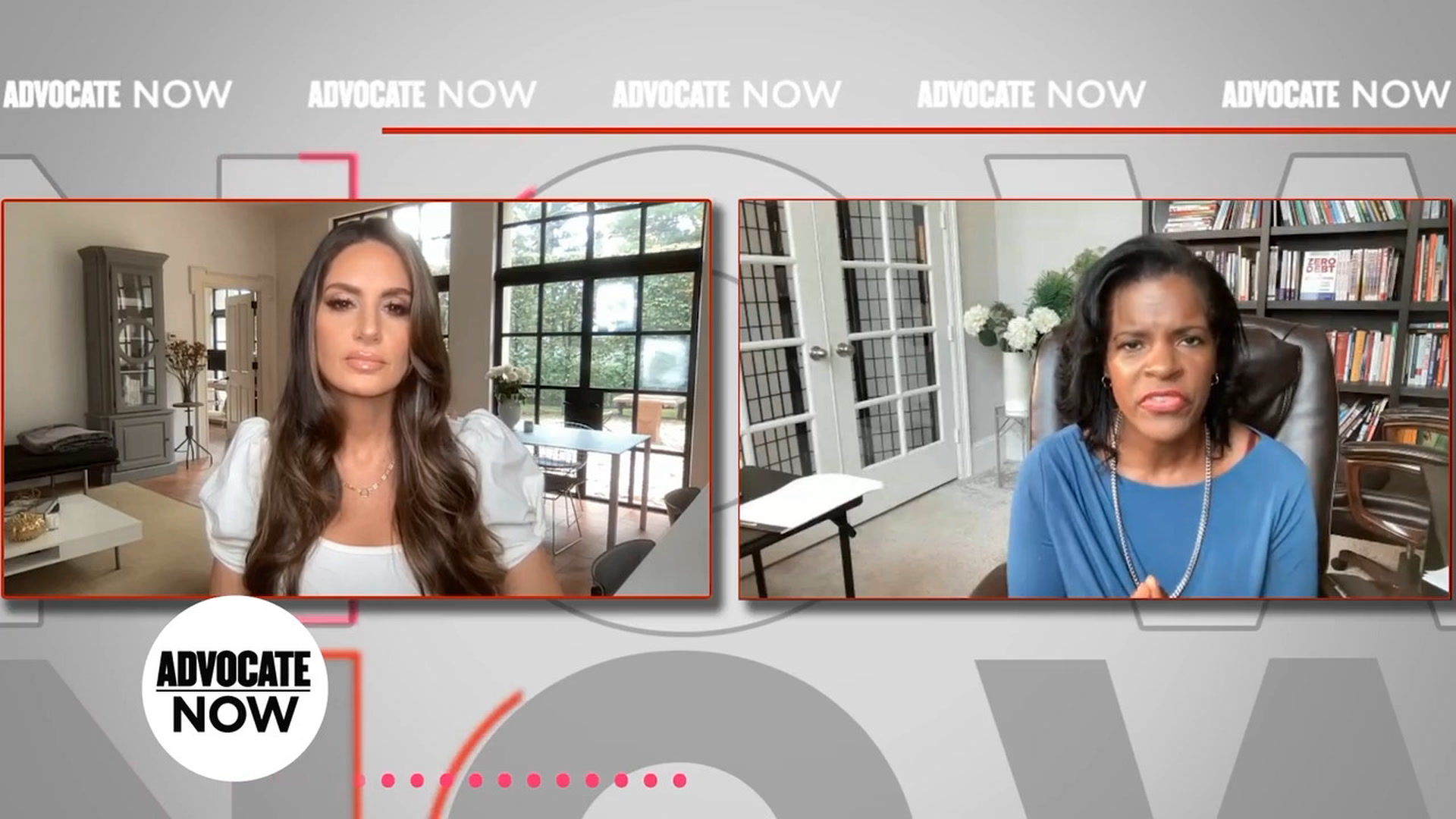
Most startling, the ownership gap is larger today than it was during the 1960s, in the era of segregation.
"That's a bigger difference than we had in 1960," Khalfani-Cox continues, "when housing discrimination was actually legal because back then there was only a 27 percentage point gap between black and white homeownership."
Systemic inequalities make it harder for Black and Brown people to become homeowners, which Khalfani-Cox explains also prevents minorities from accumulating wealth.
"Homeownership is about 70 percent of the average Americans wealth. And so an inability to become a homeowner, an inability to access mortgages and to be able to build wealth in that way has huge ramifications for the African-American community," she says. "It's not just about being able to have a place where you put down roots, and a roof over your head."
Black homes often get appraised at lower values than White homes of the same size, or even in the same neighborhood. Khalfani-Cox recommends that POC seeking appraisals request a free competitive market analysis from a local realtor, which will help compare their home's value to those of a similar build.
Khalfani-Cox also suggests that Black homeowners make their homes "race neutral" during appraisals. She says having a white friend pose as the resident and removing family photos can lead to a higher amount.
Though Khalfani-Cox stresses that this unfair treatment is emblematic of a larger system, which must also take steps to rectify the inequalities facing Black Americans.
"It's doing things like special purpose credit programs that are specifically designed to advance black homeownership, I think that's a good option," she says. "Or it's doing things like helping with down payment assistance, because we know that having that down payment is a huge barrier to homeownership. All of these should be solutions that we look at and think about very, very seriously."
Khalfani-Cox adds: "It can affect women, immigrants, same sex couples. And we need to root out this kind of bias and make sure that it doesn't exist anymore because it's definitely not fair and it harms people economically."
For more interviews like these, watch Advocate Now on The Advocate Channel.




